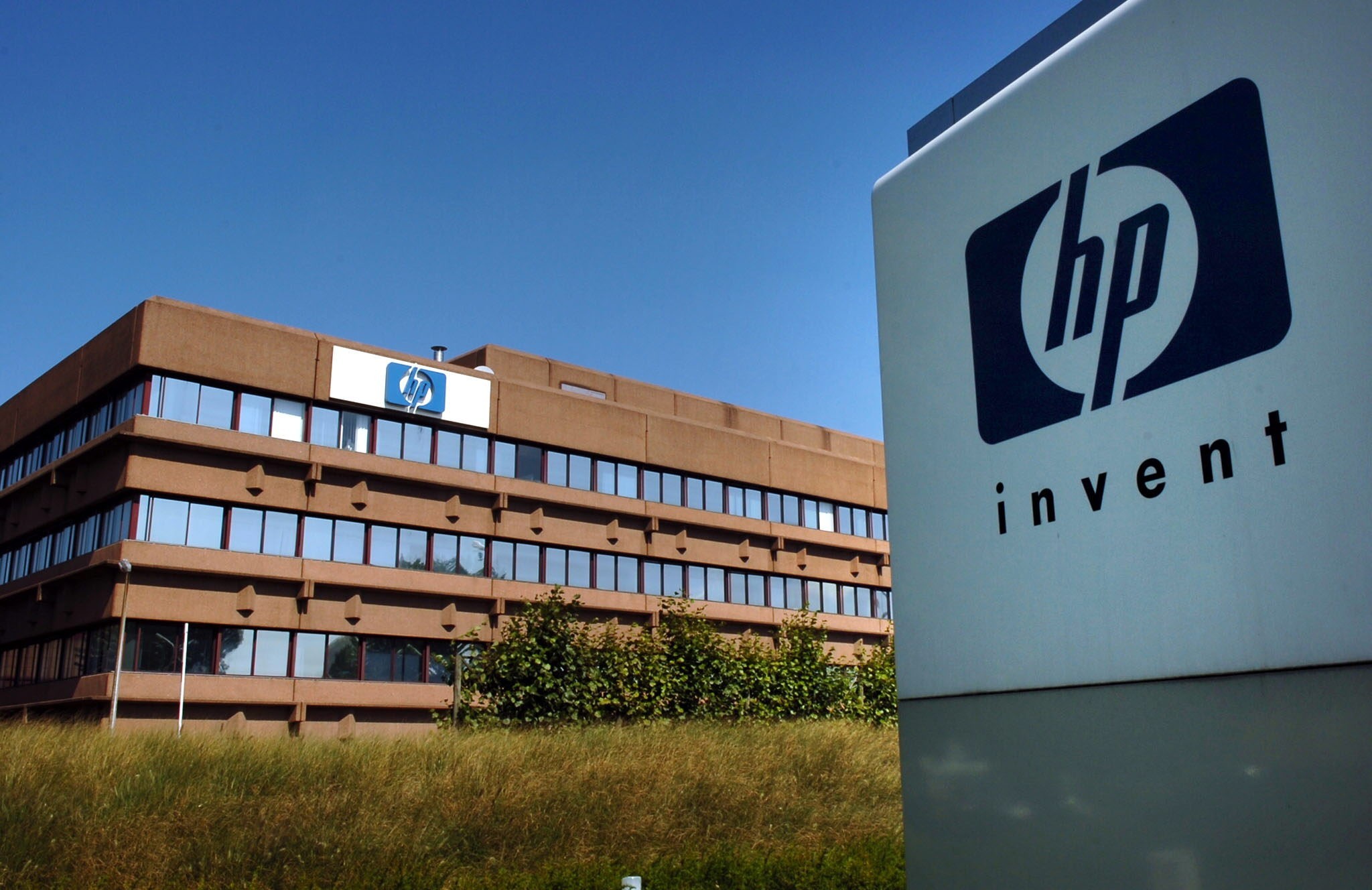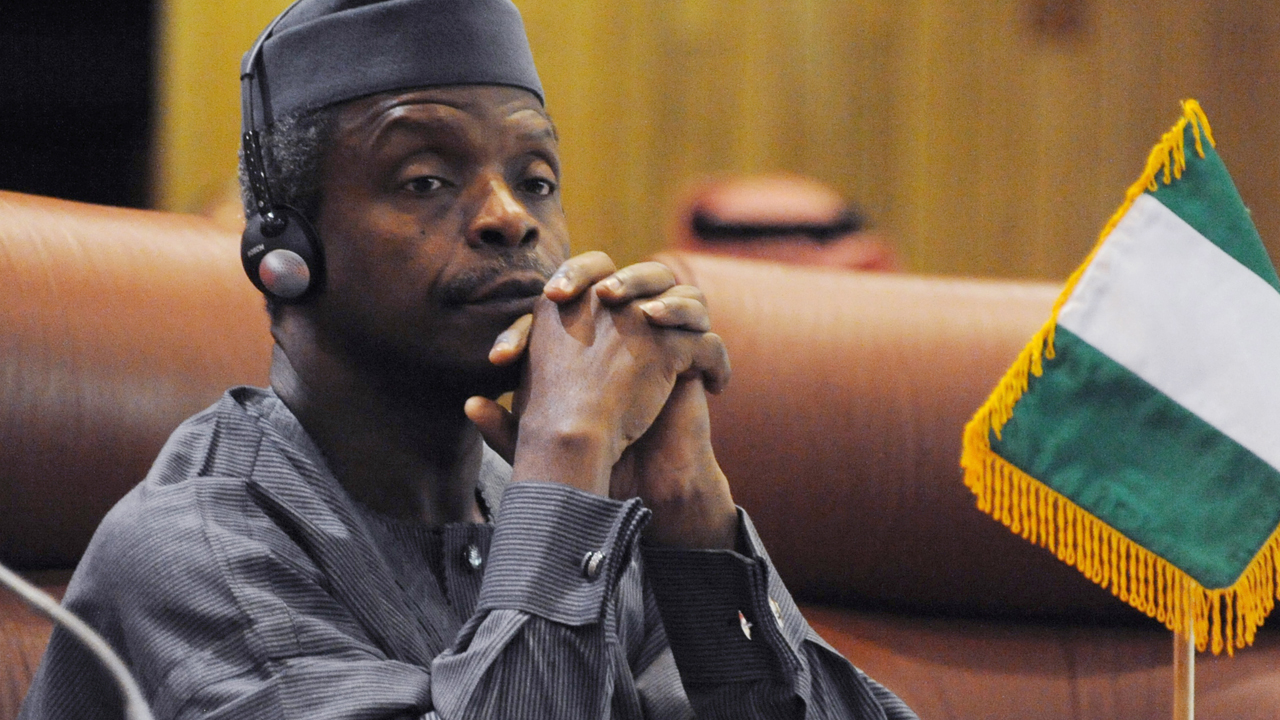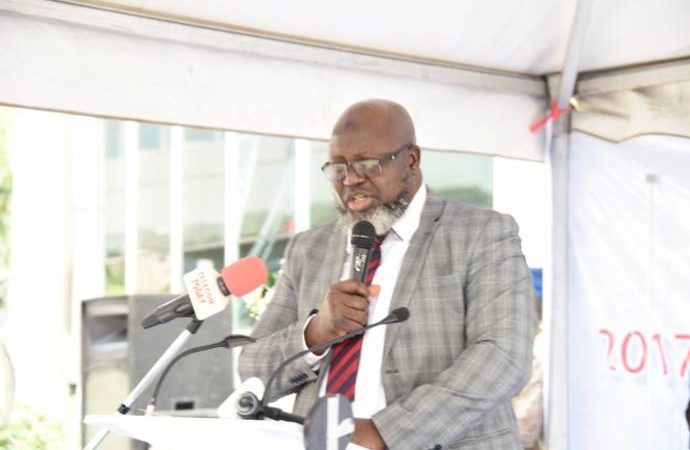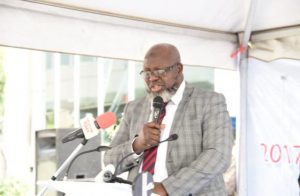Mr Adebayo Shittu, the Minister of Communications says the country needs to leverage on the huge potential it has with Information, Communication and Technology (ICT) for the country’s development.
Shittu said this on Tuesday in Abuja at a news briefing on the proposed Nigerian Communications and Technology Summit scheduled to hold in London from April 27 to April 28.
The summit will be organised by the Nigerian Diaspora Direct Investment Summit (NDDIS) in partnership with Ministry of Communications.
“The Nigerian Information and Communication Technology Initiative is not a silver bullet or a magic wand from government designed to make or revive our economy with one shot.
“Rather, it is a conscious effort by government working with the Nigerian Diaspora Direct Investment Summit, private sector and all other stakeholders to forge a public private partnership.
“To develop scalable, replicable, interoperable and measurable solutions that will make our ICT more sustainable and smarter.
“It starts by doing simple things – one step at a time. That is why we are willing to work and partner with everybody in the IT space toward this summit.
“The aim of the summit is therefore to galvanise Nigerian businessmen and women in the Diaspora and their counterparts in UK Business environment along with international investors to establish new businesses in Nigeria.
“This is expected to be done either as individuals, organisations, or by creating partnerships as well as ensuring sustainable employment opportunities in Nigeria.
“The summit is also an opportunity to identify potential sources of finance, technology and technical skills that can boost the promotion and stimulation of enterprise and the creation of jobs in Nigeria,’’ the minister said.
Shittu said the summit was aimed at mobilising the very resourceful, but silent business class of the Nigerian Diaspora keen on contributing to the development of Nigeria.
“But have not been able to do so because of the lack of regulated opportunities, a properly structured approach and necessary information.
The minister said that a summit of this magnitude could not be organised by the government alone but by a collective effort of all stakeholders.
“That is why in constituting the Working Committee or Local Organising Committee of the Summit, care and effort was taken to include relevant MDAs.
“Bilateral organisations and the private sector along with our agencies to work in partnership with the NDDIS Team.
“The committee will be headed by the Permanent Secretary and the Director, ICT as the Secretary and the ministry will mobilise the participation of its agencies and other MDAs and communication companies at the NDDIS,’’ he said.
Shittu said that the event was being organised in partnership with the Nigerian High Commission in London, the Office of the Senior Special Assistant to the President on the Diaspora and Foreign Affairs.
Others are the British African Business Alliance, the Centre for African Studies and AFFORD UK and other partners.
Earlier, Mr Bimbo Folayan, the Executive Director, the Nigerian Diaspora Direct Investment said “NDDIS is a platform set up by some Nigerians in the Diaspora to attract investment back into Nigeria.’’
Folayan said that many Nigerians who lived abroad for several years were always planning to come back home to do something and many of them had struggled to connect with Nigeria.
“The reason for setting up the summit is to support the Nigerians in Diaspora as they try to come back and provide an opportunity to create employment for our people in the country.
“Many of the Nigerians who had live there have acquired some skills and knowledge and little money and friends in British institutions.
“We felt we could use the Diaspora as a platform to engage in those companies in Europe to bring something back into Nigeria,’’ he said.
Folayan said that NDDIS had organised four summits, adding that this summit, the fifth in the series would be dedicated to promoting investment into the telecomm sector and IT in the country.
“Nigerians in the UK are close to two million, and we have about 300,000 business leaders who want to set something up in Nigeria and we have used this platforms to attract them to Nigeria to set up few businesses,’’ he said.



